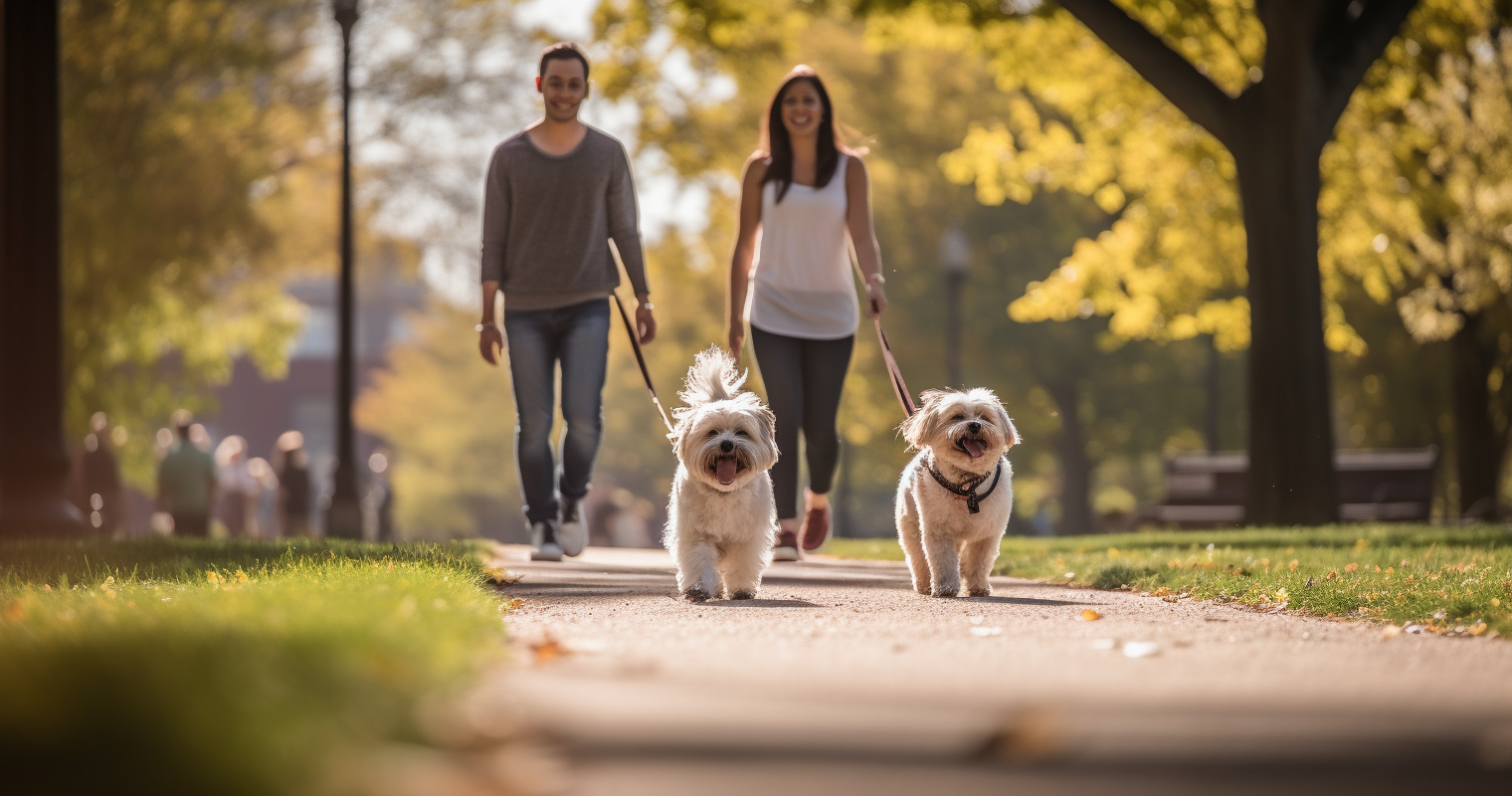Venezuela is a country in South America with a rich cultural heritage and a diverse population. Animals play an important role in the lives of many Venezuelans, and the country has a variety of laws and regulations in place to protect their welfare. In this article, we will explore the prevailing attitude to animals and pets in Venezuela, the laws regarding pet ownership, major animal charities in the country, pet supply stores, and cultural taboos and sensitivities associated with different types of animals.
Attitude to Animals and Pets in Venezuela
In Venezuela, animals are generally treated with respect and kindness. Pets are considered members of the family and are often well cared for. Many Venezuelans own dogs and cats as pets, and there is a growing trend of keeping exotic animals such as reptiles and birds.
However, there are still some cultural practices in Venezuela that are harmful to animals. For example, cockfighting and bullfighting are still legal in the country and are considered traditional forms of entertainment. Animal rights activists in Venezuela are working to put an end to these practices and to raise awareness about animal welfare issues in the country.
Pet Ownership in Venezuela
In Venezuela, pet owners are required to register their animals with the local authorities. This includes providing proof of vaccination and other necessary medical records. Pet owners are also required to keep their animals on a leash or in a secure enclosure when in public spaces.
The country has also recently introduced legislation to protect the welfare of animals. The Law for the Protection of Animal Rights was passed in 2010 and sets out guidelines for the treatment of animals in Venezuela. It includes provisions for the humane treatment of animals, as well as penalties for animal cruelty and mistreatment.
Major Animal Charities in Venezuela
There are several animal charities in Venezuela that are working to protect the welfare of animals in the country. One of the most well-known is the Sociedad Protectora de Animales y Plantas de Venezuela (SPAV), which was founded in 1901. The SPAV provides a range of services for animals in need, including medical care, shelter, and adoption services.
Other animal charities in Venezuela include Fundación Refugio La Yaracuyana, which operates a shelter for dogs and cats in the Yaracuy state, and Fundación para el Rescate Animal, which works to rescue and rehabilitate animals that have been mistreated or abandoned.
Pet Supply Stores in Venezuela
There are several pet supply stores in Venezuela that cater to the needs of pet owners. Some of the most popular stores include Petco, Petland, and PetSmart, which offer a wide range of products for dogs, cats, and other pets. There are also several online stores that sell pet supplies, including MercadoLibre, which is one of the largest online marketplaces in Venezuela.
Cultural Taboos and Sensitivities Associated with Different Types of Animals in Venezuela
In Venezuela, there are no specific cultural taboos or sensitivities associated with different types of animals. However, as mentioned earlier, cockfighting and bullfighting are still legal in the country and are considered traditional forms of entertainment. These practices are controversial and have been the subject of protests by animal rights activists in Venezuela.
In some indigenous communities in Venezuela, animals such as snakes and lizards are considered sacred and are not to be harmed. However, these beliefs are not widely held and do not have a significant impact on the treatment of animals in the country.
Overall, while Venezuela still faces challenges in terms of enforcing animal protection laws and preventing animal abuse, there are many individuals and organizations working to improve animal welfare in the country. Through education, awareness, and continued efforts to protect animals, Venezuela can work towards a future where all animals are treated with compassion and respect.

